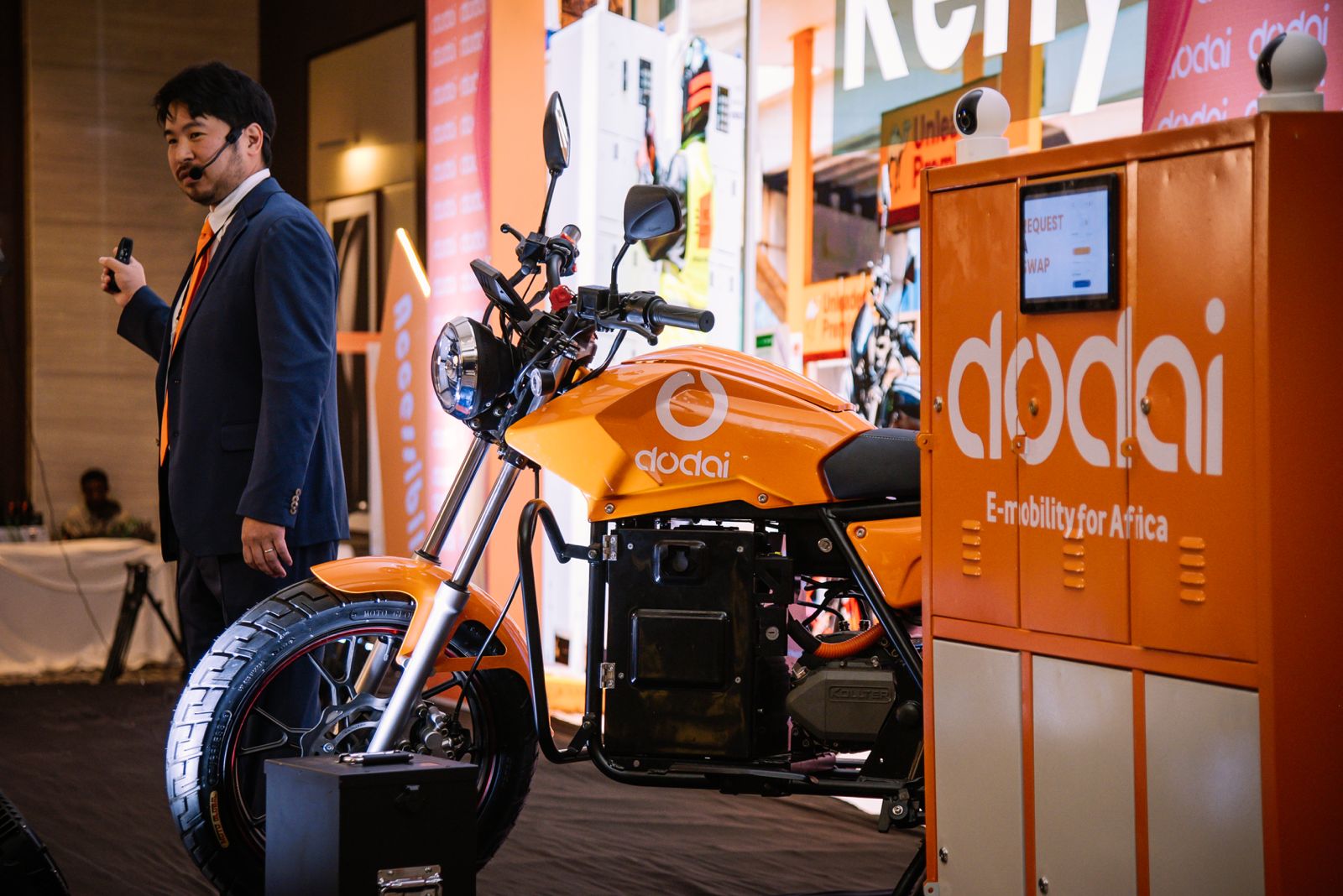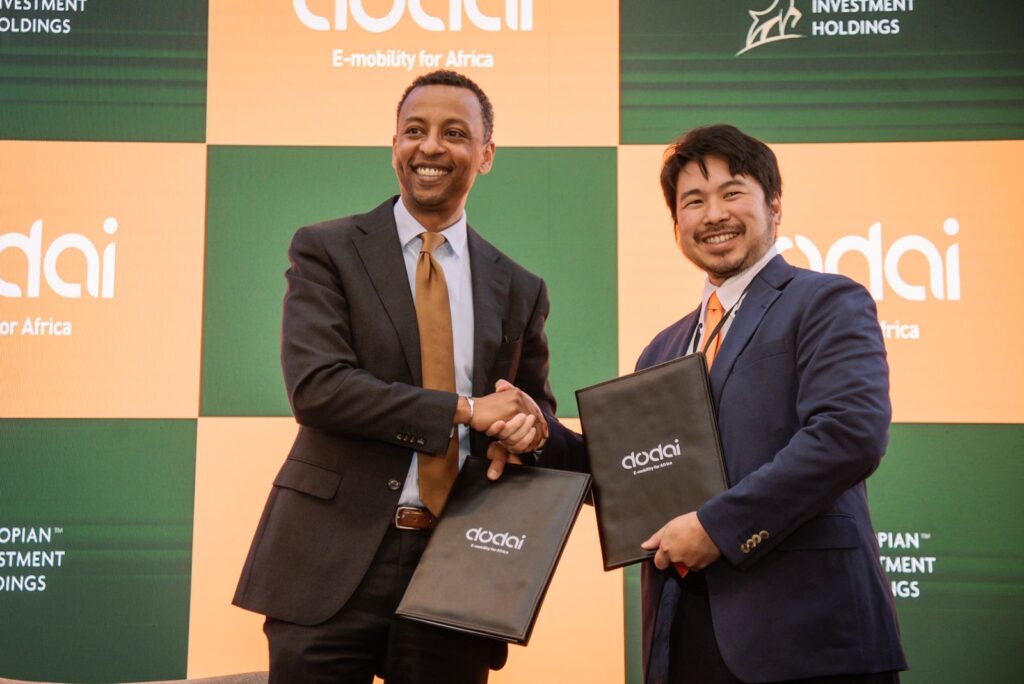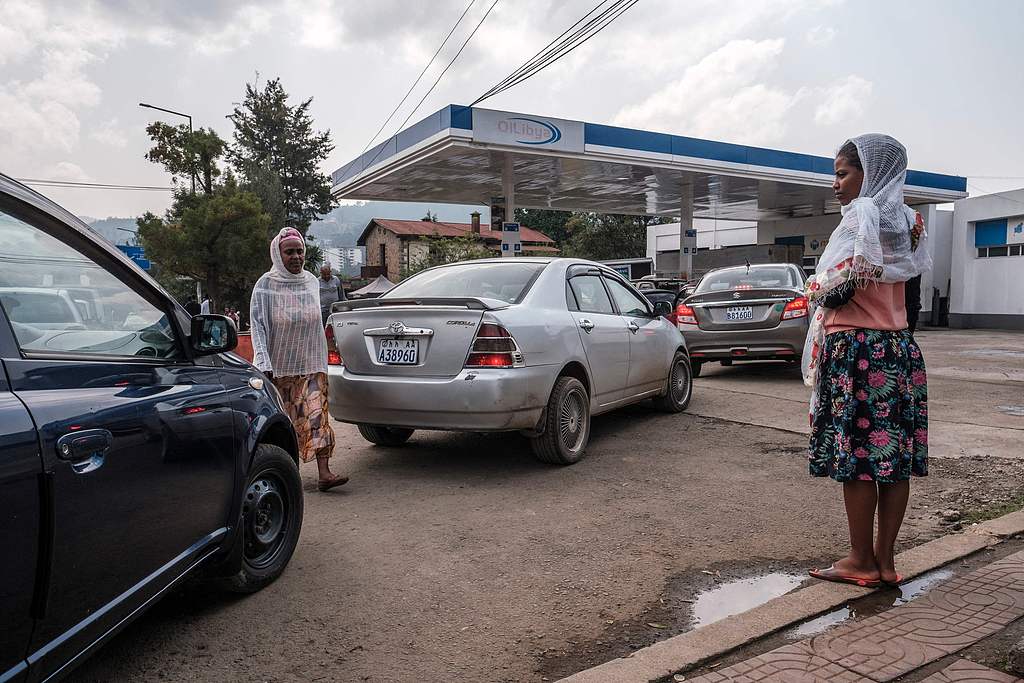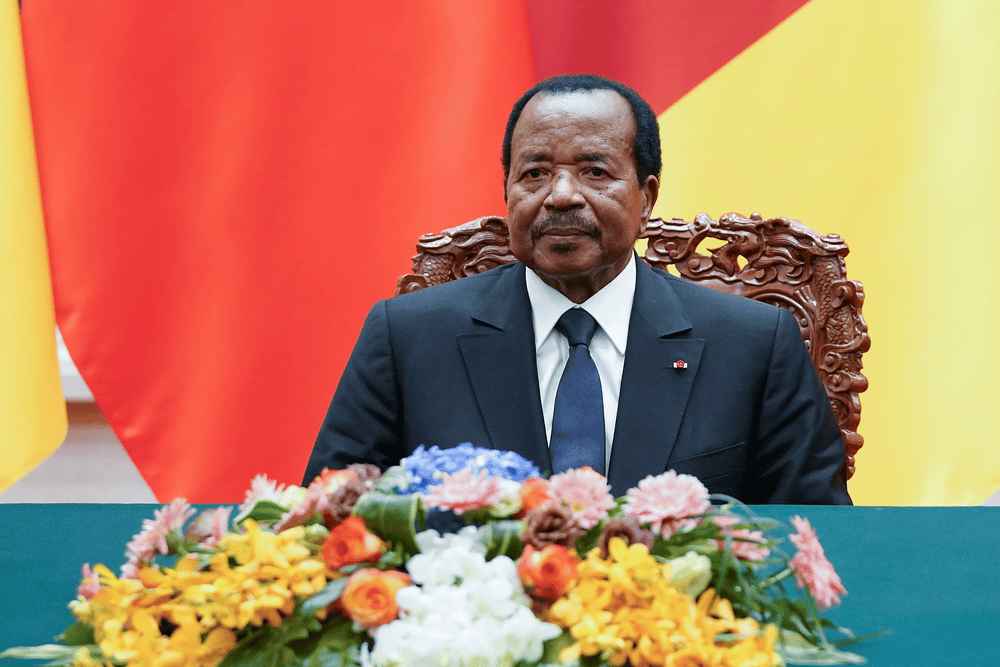
Dodai CEO discusses vision for Ethiopia’s EV market
Yuma Sasaki, founder and CEO of Dodai, a leading electric mobility company in Ethiopia, has an ambitious long-term plan for the company. He wants Dodai to be a pan-African e-mobility company that focuses on urban areas in the continent.
To help achieve that vision, Dodai recently signed a partnership with Ethiopian Investment Holdings to speed up the growth of sustainable urban transportation in the country.
The partnership aims to establish 100 battery swap stations in Addis Ababa by the end of 2025 and increase them to 300 stations by 2026. Additionally, the partnership is expected to create thousands of jobs and help Ethiopia become a trailblazer in green transportation.
Under the battery swapping idea, Dodai will own the batteries and battery swapping stations. Electric motorbike owners will swap their depleted batteries with fully charged ones from Dodai.
Sasaki pointed out that battery swapping will help address several challenges facing the growth of Ethiopia’s e-mobility industry, including a sparse network of public charging stations and the affordability of electric motorbikes. Dodai’s electric motorbikes cost about 150,000 Ethiopian Birrs (about 1,220 U.S. dollars). According to Sasaki, batteries account for almost half the total cost of the motorbike.
“If we can do battery swapping, we can solve the charging issue and worries from customers, as well as the affordability issue because we can reduce the initial cost by 50 percent,” Sasaki told CGTN Africa.

Sasaki added that Dodai sought the partnership to ease its operations because battery swapping is a new business model in Ethiopia.
“Whatever new business you do, and, especially, when it involves physical goods, in this case, batteries or charging stations or vehicles, if you do not have full buy-ins from the regulatory side, you might have problems in customs, with the energy ministry and different entities. That’s where we expect Ethiopian Investment Holdings to step in to solve the problems, as long as our solutions serve the people,” Sasaki said.
“Now, the question is what is the best approach to start, and then build the infrastructure for battery swapping.”
Sasaki hopes Dodai will also help boost the efficiency of Ethiopia’s economy by saving on commute time for the nation’s workforce.
“In Addis Ababa, the majority of commuters spend three to four hours a day commuting. Half of that time, the three to four hours, you are waiting for a minibus or van. By introducing this efficient and affordable door-to-door sustainable mobility, we can save the time for commuting by one to two hours for each person in Addis Ababa.”
The company has sold 500 electric motorbikes since January and expects to sell 1,000 by the end of the year. Sasaki said the company has a target of 10,000 electric motorbikes in 2025.

Sasaki is also hopeful that the success of this partnership will open up Ethiopia for more private investment.
“When we show that this partnership is successful in terms of solving the problems of the society, as well as bringing financial returns in the future, not in the short-term, then we can inspire other potential private companies, especially foreign companies, interested in coming to Ethiopia to partner with Ethiopian Investment Holdings to bring innovative solutions in different areas. It could be mining, it could be fintech, or the data centre, in different areas.”
Despite all the positives, Sasaki does not envision Dodai as a monopoly.
Sasaki explained that Dodai wants to lead the battery swapping/selling space; not the manufacturing sector. He clarified that Dodai only began manufacturing electric motorbikes to promote them faster rather than waiting for other players to get the ball rolling.
“We need to accelerate the penetration and awareness of e-motorbikes in Ethiopia. That’s why we started manufacturing by assembling. But once we have enough players in Ethiopia, let’s say five to ten key e-motorbike manufacturers, then, phase by phase, we want to shift more towards the battery swap stations network.”
“We prefer to partner with the right partners to accelerate solving the problem and achieving the mission rather than, like many companies that want to own everything, you try to do everything, you try to dominate. That’s not our strategy.”






